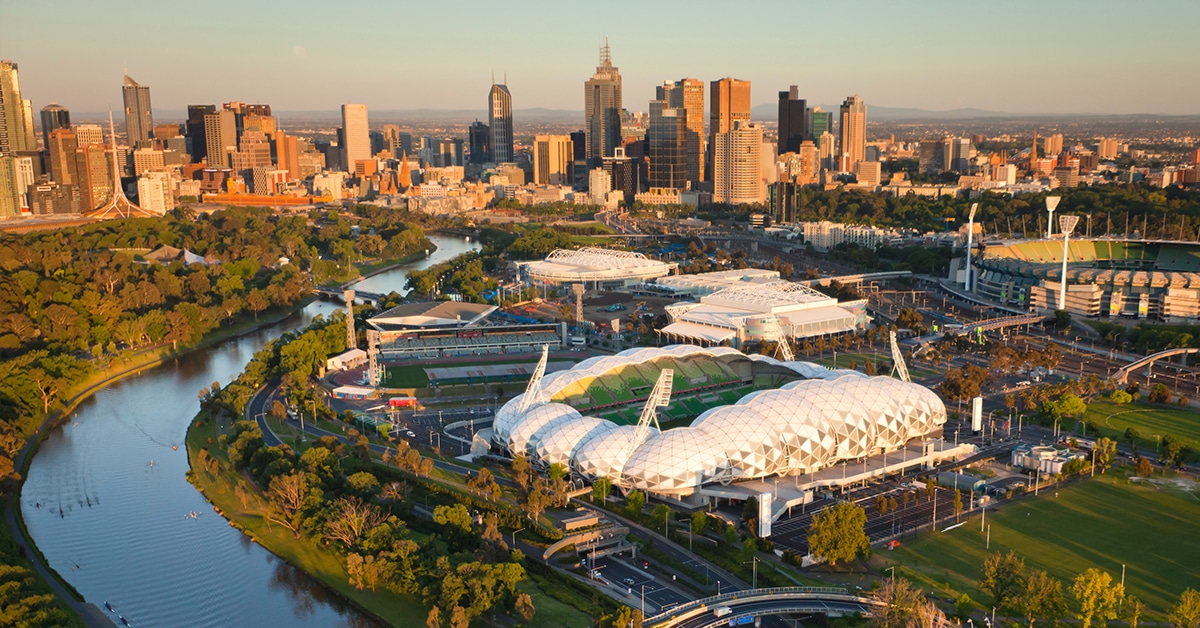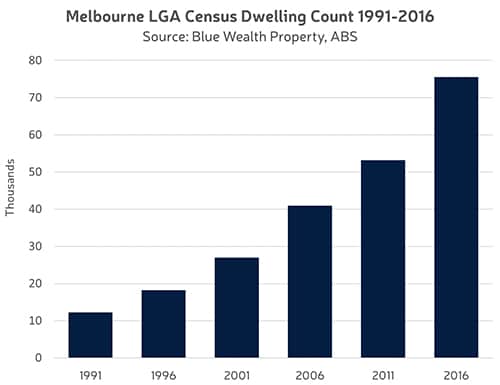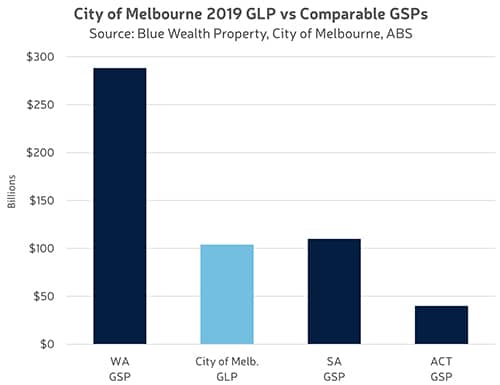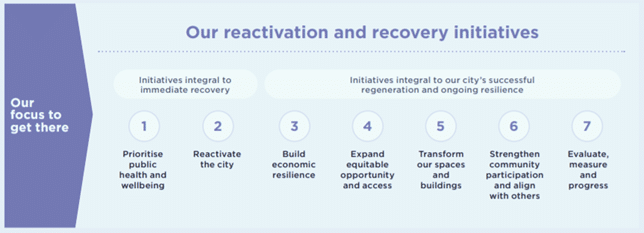Please fill out the details below to receive information on Blue Wealth Events
"*" indicates required fields

Opinion.
/əˈpɪnjən/
Opinions are formed based on information—information that doesn’t necessarily need to be built on fact or knowledge, just information. 18 months ago, your opinion of this thing called Covid-19 would be very different to your opinion today. The amount of information that has been broadcasted across every possible forum has helped us achieved one thing. A basis for an opinion.
Now that we have taken in all of the ‘facts’ and ‘knowledge’ and ‘educated’ ourselves, it’s pretty fair to assume that most opinions of COVID are either black or white. You’re either a believer or a non-believer. You’re either pro vax or anti vax. You’re either pro-lockdown or anti-lockdown. Remember, there’s not always a clean cut right or wrong when forming an opinion (despite what my husband tells me). Your opinion or judgement is based on the information you have chosen to adopt as your point of view.
Just last week, 13 million Australians were in lockdown. The opinion of our government was that we needed to lock down three of our six states to manage these latest outbreaks. I’m not about to share my opinion of the government or critique how each of them has reacted to this virus. What I am going to do is share the raw facts of what it’s taken to shake up the world’s most liveable city and why I know that Melbourne will not only bounce back but thrive in a post-COVID world.
History has shown us that good cities have always adapted to dramatic circumstances. Melbourne has a proven track record of adapting and evolving to meet new challenges. In the 1980s, a crash in the commercial property market led to the recession of the 1990s. Melbourne initiated a program called ‘Postcode 3000’ which saw the conversion of vacant office space into residential apartments. Since this time, the number of residential dwellings in the City of Melbourne LGA has skyrocketed.

Just like the crisis of the 1990s depression, Melbourne is an agile city and will adapt and recover from this crisis. Melbourne’s recovery is not only crucial for our state, but also the country. According to the World Economic Forum and the Melbourne Census of Land Use and Employment, the City of Melbourne generated $104 billion in economic output (gross local product) in 2019, representing 24% of Victoria’s GSP and 7% of Australia’s GDP. This level of economic activity within the City of Melbourne LGA rivals entire state economies, as illustrated in the below chart.

In September 2020, whilst Melbourne was still in the midst of one of the harshest lockdowns the world has seen, the City of Melbourne launched its COVID-19 Reactivation and Recovery Plan. The impressive list of initiatives, mid to long term, will ensure our city comes out of this stronger and better than ever. The plan aims to:
1) Prioritise public health and wellbeing
2) Reactivate the city
3) Build economic resilience
4) Expand equitable opportunity
5) Transform our spaces and buildings
6) Strengthen community participation and alignment
7) Evaluate measure and progress.
This 100-million-dollar program funded jointly by The City of Melbourne and the state government is already in full swing. The Bringing Back Melbourne advisory is already discussing initiatives to transform office spaces into affordable housing and shared workspaces for start-ups, students and artists.
Let me tell you this, the hard facts are that It’s taken a global pandemic to shake up the Melbourne rental market. It has taken a global pandemic to make Melbourne (for the first time) the second most affordable city to rent, equal to Perth and following Adelaide. It has taken a global pandemic to throw Melbourne’s vacancy rate back to 2005 levels. It has taken a global pandemic to slow construction down.
The framework is already set for Melbourne’s post-COVID revitalisation. International borders will reopen, leading to further population growth. Melbourne will welcome back its previously homed 80,000-plus international students. Countries around the world are watching closely to catch the first opportunity to send students to Melbourne’s highly recognised universities.

Image source: City of Melbourne
The current construction slowdown and rapid population growth will put immense pressure on housing availability—drastically boosting the rental market. The current overflow of AirBNB and holiday rentals fighting for long-term tenants will quickly be non-existent as visitors and holidaymakers put Melbourne back on their destination list.
While most of the ‘information’ shared is out to discredit our city, and while lockdown 1,2,3,4 & currently 5.0 have become an unwelcomed glitch in Melbourne’s history, they are also the very things that have inspired the motivation to ensure our city gets back to being ‘Marvellous Melbourne’.
That’s not my opinion. Just fact.
